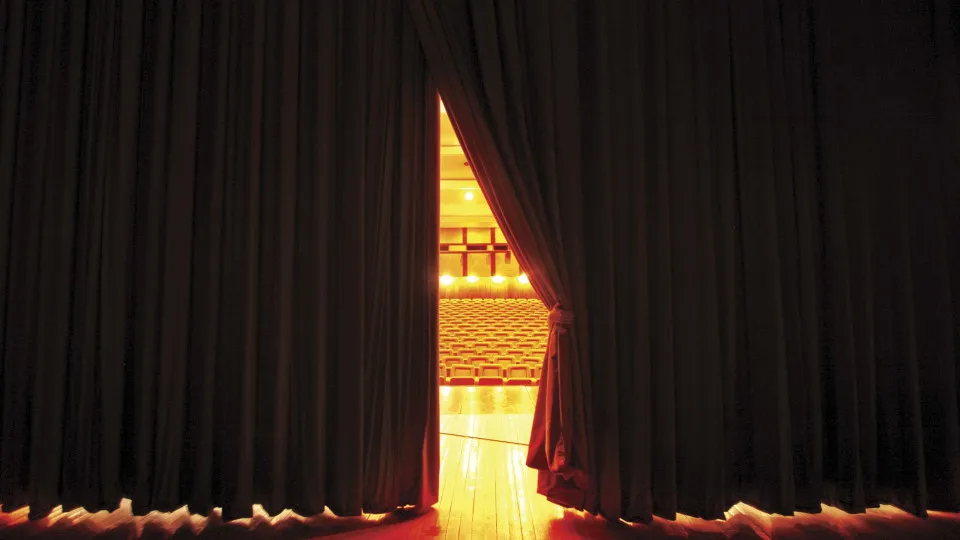Find out everything you need to know about forced renting of vacant houses!
There are certain obligations to bear in mind when you own a vacant house. This article aims to clear up any doubts you may have about the coercive rental of vacant houses , not just by explaining what it is, in what contexts you are obliged to rent the property or how much IMI you have to pay.
There are also tax benefits from affordable renting. If you want to find out more about this topic, read on.
Coercive rental of vacant houses: what the law says
After the government approved the coercive rental of vacant properties in the Council of Ministers, owners of vacant houses are now obliged to rent them out. The aim is to mitigate the housing crisis in Portugal.

It’s important to bear in mind that for the government to go ahead with the coercive leasing measure , it has to count on the collaboration of the municipalities.
The concept of vacant property is identified in Decree-Law no. 159/2006, published on August 8, after being promulgated by President Aníbal Cavaco Silva and endorsed by José Sócrates, then prime minister.
According to the law, the definition is as follows: “An urban building or autonomous fraction that has been unoccupied for a year is considered vacant, with signs of vacancy being the absence of contracts in force with telecommunications companies, water, gas and electricity supply companies and the absence of invoices for water, gas, electricity and telecommunications consumption.”
Characteristics of vacant houses
Houses must have been unoccupied for at least a year. For houses to be considered unoccupied, the following points must be checked:
- There must be no telecommunications, water, gas or electricity contracts or bills associated with the property in question, or there must be low water and electricity consumption. However, in order for consumption to be identified as “low”, billing must not exceed: water consumption of 7 cubic meters per year and electricity consumption of 35 kWh per year;
- Eviction can also be certified following an inspection by the town hall.
Important: in exceptional cases, the town hall may trigger an inspection of the property and consider it vacant, even if it shows higher consumption than indicated.

What is forced rental of vacant houses?
Owners of vacant houses may be obliged by municipalities to rent out these properties for housing purposes. This measure aims to help make properties available for subletting by the state, through public housing programs.
Vacant properties with habitable conditions that allow them to be rented out immediately take precedence in this matter of forced renting. Once the property has been used as a rented home, it is no longer seen as a vacant property.
First, the municipalities must present the owner with a rental proposal. Once the proposal is received, the owner has 10 days to respond and 100 days (in total) to put the property to use.
How can I refuse the lease offer?
Although it is possible to refuse the lease proposal, there are consequences. Under the terms of article 108-B of the Urbanization and Building Legal Regime (RJUE), municipalities have the right to proceed with the forced lease of the property in the following scenarios:
- If the owner refuses or does not respond to the municipality’s lease proposal within the 10 days set aside for this purpose;
- If the property remains vacant for another 90 days.
Note: if the property is not in a state of repair that would allow it to be used immediately for residential purposes, the municipality may also carry out works compulsorily.
Unoccupied houses: concept of vacant property

The concept of vacant property does not include houses that, despite being unoccupied for a year, “are intended to be lived in for short periods on beaches, in the countryside, spas and any other places of travel, for temporary rental or for own use”.
Properties purchased for resale by private individuals or companies are also not included as vacant homes.
Here are the situations in which a house is not considered vacant, even if it has been unoccupied for a year:
- Vacation homes, for temporary rental or for your own use;
Houses in the process of being renovated, provided they have been certified by the municipalities; - Houses after completion of construction or issuance of a use permit less than 1 year ago;
- Houses that serve as residence in national territory for Portuguese emigrants;
- Homes for people displaced for professional, training or health reasons;
- Houses that are the subject of legal action that prevents the use of the dwelling;
- Houses that are part of a tourist resort or registered as a local accommodation establishment;
- Houses where the owner of the space has moved into a social facility;
- Houses where the absence of a resident is justified by the provision of ongoing support to disabled people with a degree of disability equal to or greater than 60%, including family members;
- Houses bought for resale by natural or legal persons;
- Houses where the minimum required water and electricity consumption is not met due to an objective impediment to the use of the house.
Renting a vacant house: how much is the rent?
The rent proposed by the different municipalities is capped at the reference value of the price for rent and accommodation, as set out in Article 3 of Ordinance 176/2019, published on June 6 of that year.
In the capital, for example, the ceiling for a two-bedroom apartment is 1150 euros. As you know, Lisbon is the Portuguese city with the highest prices.
In the municipalities of Viseu and Leiria, the ceiling is much lower. In this case, the value is 450 euros for the same type of property.
If you are a homeowner and want to rent out your vacant house, you should bear in mind that the rental contract should preferably be signed under the Rental Support Program (PAA).
The state assumes responsibility if the new tenant fails to pay the rent due on a vacant house rented under the PAA, provided there have been three months of non-payment of rent. The state is responsible for collecting the outstanding monthly payments, supporting the tenant or evicting them from the property.
Is there forced rental of vacant houses all over the country?
The forced rental of vacant houses is not carried out throughout the country. It only covers areas of high population density, focusing on territorial areas where there is a shortage of housing.
They are therefore not covered by this measure:
- The country’s inland territories;
- The autonomous regions of Madeira and the Azores.








